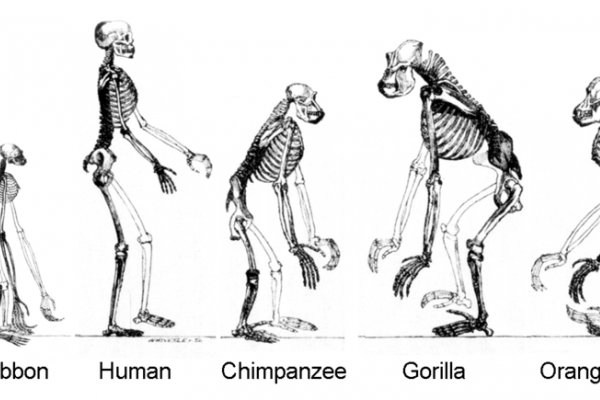How the environment has made us the way we are...
Interviews about History
Interviews on archaeology, anthropology, palaeoanthropology and the history of science...
What are the odds that there is intelligent life out there, and could we communicate with it?
A big part of finding ET is understanding what life actually is. We speak to Nick Lane to find out how life and non...
New research is showing that Ancient Egyptians were mummifying their dead a lot longer ago than previously imagined,...
With the planet in the middle of its 6th mass extinction event, does de-extinction hold any hope for the species we are...
The Tour de France has been running since 1903 only stopping for the two world wars. So how much have bikes changed...
Commercial science publishing is distorting the process, argues eLife Editor in Chief, Randy Schekman...
This new prize offers £10 million to individuals who can solve 6 pressing modern day problems.
Professor Hank Greely from Stanford Law School explores some of the ethical issues around genetic testing for...
Matt Burnett discovers how the bladder of a sturgeon fish can help restore ancient manuscripts....
What does tunnelling under big cities turn up for archaeologists?
How did Isambard Kingdom Brunel and his father construct the first under-river tunnel?
Chris speaks to scientist and eLife Deputy Editor, Fiona Watt,about the free journal.
James Harrison from the EPSRC explains how modern scanning techniques have allowed us to read parchment too delicate to...
Oliver Caroe of St Paul's Cathedral discusses how he looks after one of London's most famous landmarks.
We visit the Malpa site in South Africa where fossils from some of our earliest human ancestors are found...
Medical Historian Richard Barnett tells the story of the epidemiologist John Snow and asks whether we've...
We discuss the ethical and social implications of 'Smart Drugs'
This week, scientists have uncovered residues of 7,000-year-old cheese. Chemist Professor Richard Evershed from the...
